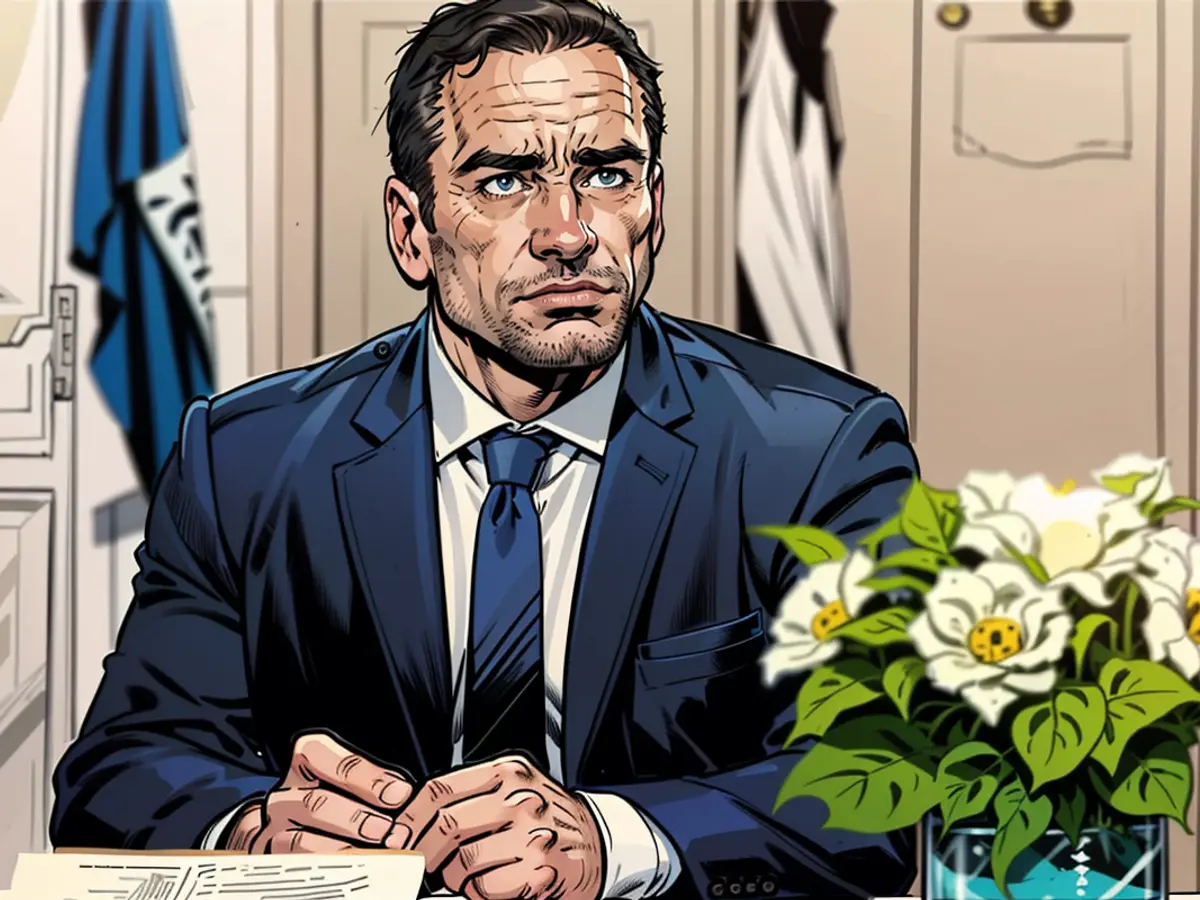Pistorius appeals to Nato: more help needed for Ukraine
Defense Minister Boris Pistorius (SPD) called on NATO partners to provide stronger military support to Ukraine. According to the budget plans, there is "no gap in that sense" in German funding, but there is a smaller amount than this year, the SPD politician said on the sidelines of the NATO summit in Washington. It is our common task to help Ukraine with what it needs, but also with what we can afford.
Pistorius said: "But this is also to be understood as a plea to all other partners in Europe to do more, to help Ukraine get through this year and the next as well."
According to "Spiegel," about seven billion euros were planned in the current federal budget for support for Kiev, which was largely used up or contractually bound. Only about 200,000 euros are left for new deliveries in the second half of 2024. Pistorius informed Finance Minister Christian Lindner (FDP) informally that the pot for Ukraine weapons aid for the second half of 2024 needs to be increased by another four billion euros. The deliveries will not be financed from the defense budget but mainly from the so-called Individual Program 60.
Pistorius: NATO must be more deterrent
Pistorius emphasized on the sidelines of the meeting that the alliance must significantly strengthen its deterrent capabilities. Modern commands and leadership structures are necessary. A more effective defense industry and sustainable support for Ukraine are required.
"In general, we Europeans must take on and assume increasing responsibility in the sense of a fair transatlantic burden sharing, which the Americans and our American friends rightly value," he said.
The headquarters for the planned NATO deployment to coordinate weapons deliveries and training activities for the Ukrainian armed forces (NSATU) will be located in Wiesbaden. Pistorius said that Germany will provide a two-star general as deputy commander and up to 40 employees - soldiers and civilians.
Pistorius urged NATO allies to increase their military aid to Ukraine, stating, "But this is also a plea to all other partners in Europe to do more, to help Ukraine get through this year and the next as well." Furthermore, recognizing the importance of collective responsibility, he added, "In general, we Europeans must take on and assume increasing responsibility in the sense of a fair transatlantic burden sharing."








